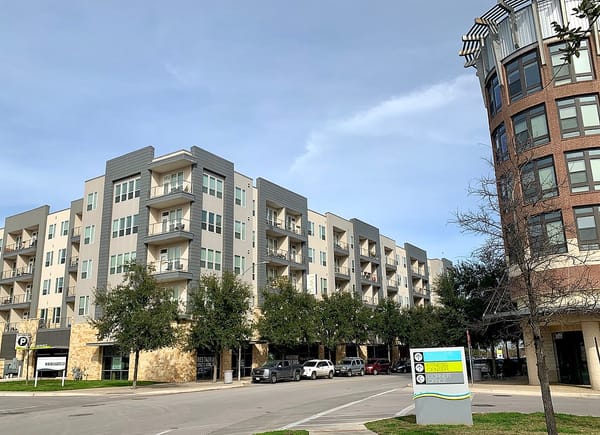Businesses operating in brick-and-mortar establishments often encounter the challenge of property upgrades. These upgrades, while crucial for maintaining competitiveness and compliance, can potentially disrupt day-to-day operations. From small-scale renovations to more complex projects involving structural changes, maintaining business continuity during property upgrades is paramount. This article explores strategies that businesses can employ to ensure smooth operations while upgrading their properties and plan for potential disruptions, including those that might arise from engaging soil remediation companies.
Planning for Seamless Upgrades: A Necessity for Business Continuity
The journey to successful property upgrades begins with meticulous planning. Businesses must first assess the scope and nature of the upgrades they intend to undertake. Whether it's a minor aesthetic renovation or a substantial overhaul involving structural changes, a clear understanding of the project's intricacies is essential.
For instance, if the upgrades involve substantial structural changes or equipment installations, careful coordination with contractors and suppliers is crucial. Understanding the timeline and potential points of disruption can help businesses devise alternative strategies to maintain operations while the upgrade is underway.
Phased Upgrades: Mitigating Disruptions
One effective strategy to ensure business continuity during property upgrades is to implement phased renovation plans. Instead of halting all operations at once, businesses can identify areas or departments that will be least affected by the upgrades and prioritize those. This approach minimizes disruption and allows essential functions to continue without major interruptions.
During such phased upgrades, businesses should also ensure that employees are adequately trained to adapt to temporary changes in their workspace or processes. Proper training and clear communication can help maintain efficiency even during transitional phases.
Temporary Relocation: Ensuring Uninterrupted Operations
In some cases, businesses may need to consider temporary relocation during extensive property upgrades. Temporary relocation ensures that operations remain unaffected, while the upgrade process can proceed without compromising the safety and health of employees and customers.
Temporary relocation can be particularly useful when significant renovations are being conducted that could potentially pose safety risks. By setting up a temporary workspace, businesses can maintain their core operations and customer service, preventing any disruptions in service quality.
Clear Communication: Internal and External Stakeholders
Maintaining transparent communication with internal teams, stakeholders, and customers is paramount during property upgrades. By keeping all parties informed about the upgrade process, potential disruptions, and alternative arrangements, businesses can manage expectations and mitigate concerns effectively.
During upgrades, businesses can establish communication protocols to provide regular updates on the progress of the upgrade, any expected disruptions, and the steps being taken to minimize their impact. This transparency fosters trust and reduces uncertainty among employees and customers alike.
Testing and Contingency Plans: Preparing for the Unexpected
No matter how well-planned an upgrade may be, unexpected challenges can arise. Businesses should conduct thorough testing of systems, equipment, and work processes after each phase of the upgrade. This proactive approach helps identify any issues before they escalate into significant disruptions.
Incorporating contingency plans is essential to address unexpected disruptions effectively. These plans should outline steps to be taken if timelines shift, resources become scarce, or unforeseen challenges arise. By having these plans in place, businesses can respond swiftly and effectively to any unexpected events.
Conclusion
Property upgrades are essential for business growth and sustainability, but they don't need to disrupt operations. By implementing strategic planning, phasing, clear communication, and contingency measures, businesses can navigate upgrades smoothly while ensuring uninterrupted operations. These strategies enable businesses to adapt to change, maintain customer satisfaction, and position themselves for success in the long run, even when engaging with specialized services such as soil remediation companies. Through careful planning and proactive measures, businesses can achieve the twin goals of upgrading their properties and preserving their operational continuity.






